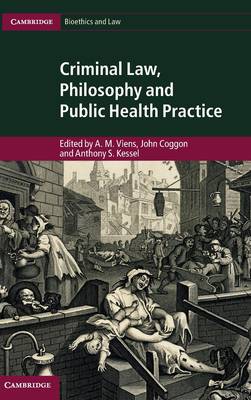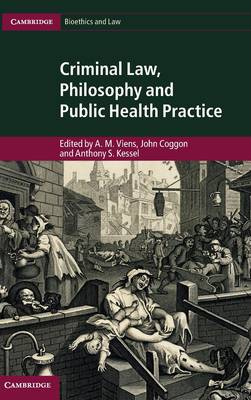
- Afhalen na 1 uur in een winkel met voorraad
- Gratis thuislevering in België vanaf € 30
- Ruim aanbod met 7 miljoen producten
- Afhalen na 1 uur in een winkel met voorraad
- Gratis thuislevering in België vanaf € 30
- Ruim aanbod met 7 miljoen producten
Zoeken
Criminal Law, Philosophy and Public Health Practice
€ 198,95
Omschrijving
The goal of improving public health involves the use of different tools, with the law being one way to influence the activities of institutions and individuals. Of the regulatory mechanisms afforded by law to achieve this end, criminal law remains a perennial mechanism to delimit the scope of individual and group conduct. Utilising criminal law may promote or hinder public health goals, and its use raises a number of complex questions that merit exploration. This examination of the interface between criminal law and public health brings together international experts from a variety of disciplines, including law, criminology, public health, philosophy and health policy, in order to examine the theoretical and practical implications of using criminal law to improve public health.
Specificaties
Betrokkenen
- Uitgeverij:
Inhoud
- Aantal bladzijden:
- 278
- Taal:
- Engels
- Reeks:
Eigenschappen
- Productcode (EAN):
- 9781107022782
- Verschijningsdatum:
- 16/12/2013
- Uitvoering:
- Hardcover
- Formaat:
- Genaaid
- Afmetingen:
- 150 mm x 231 mm
- Gewicht:
- 566 g

Alleen bij Standaard Boekhandel
Beoordelingen
We publiceren alleen reviews die voldoen aan de voorwaarden voor reviews. Bekijk onze voorwaarden voor reviews.











